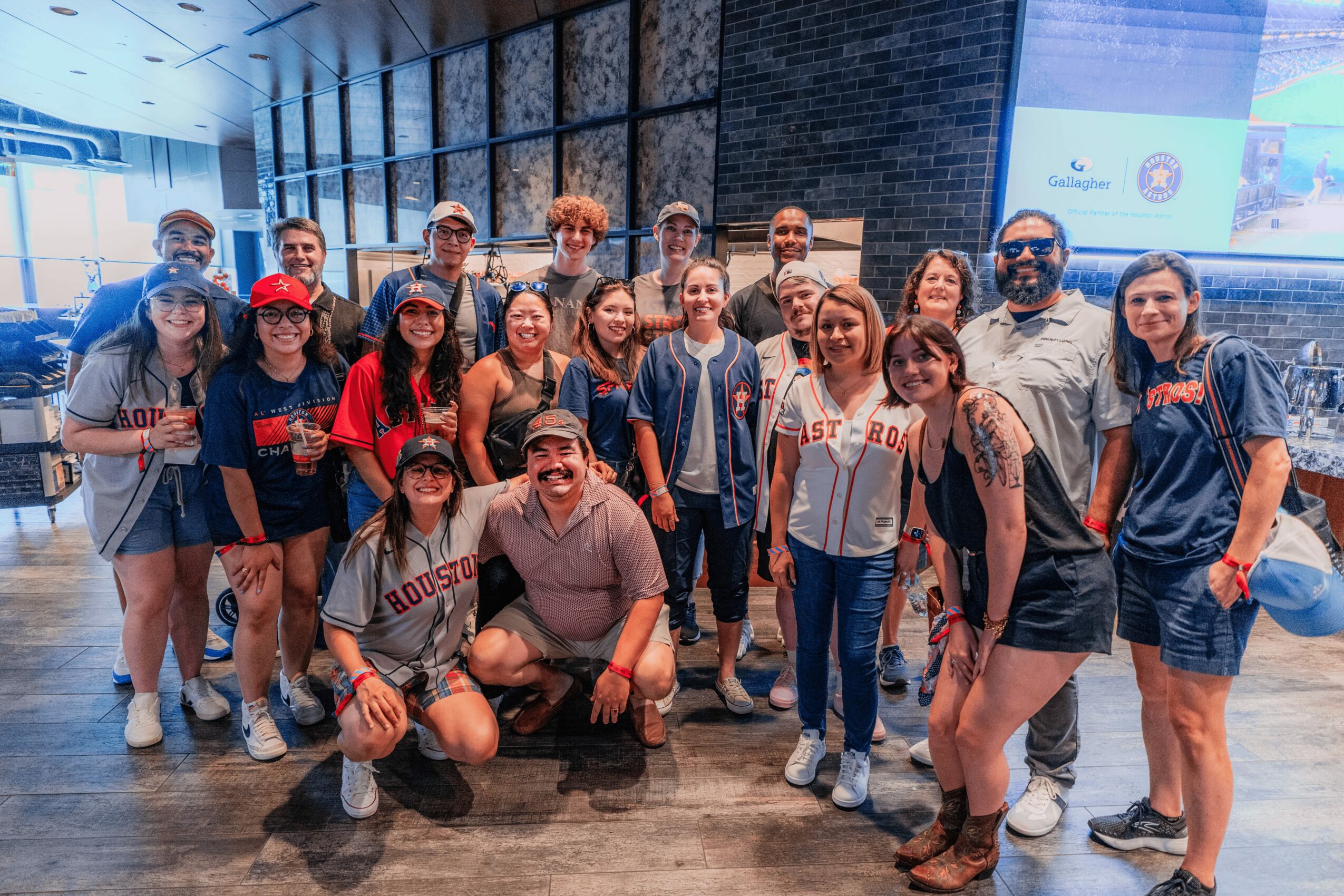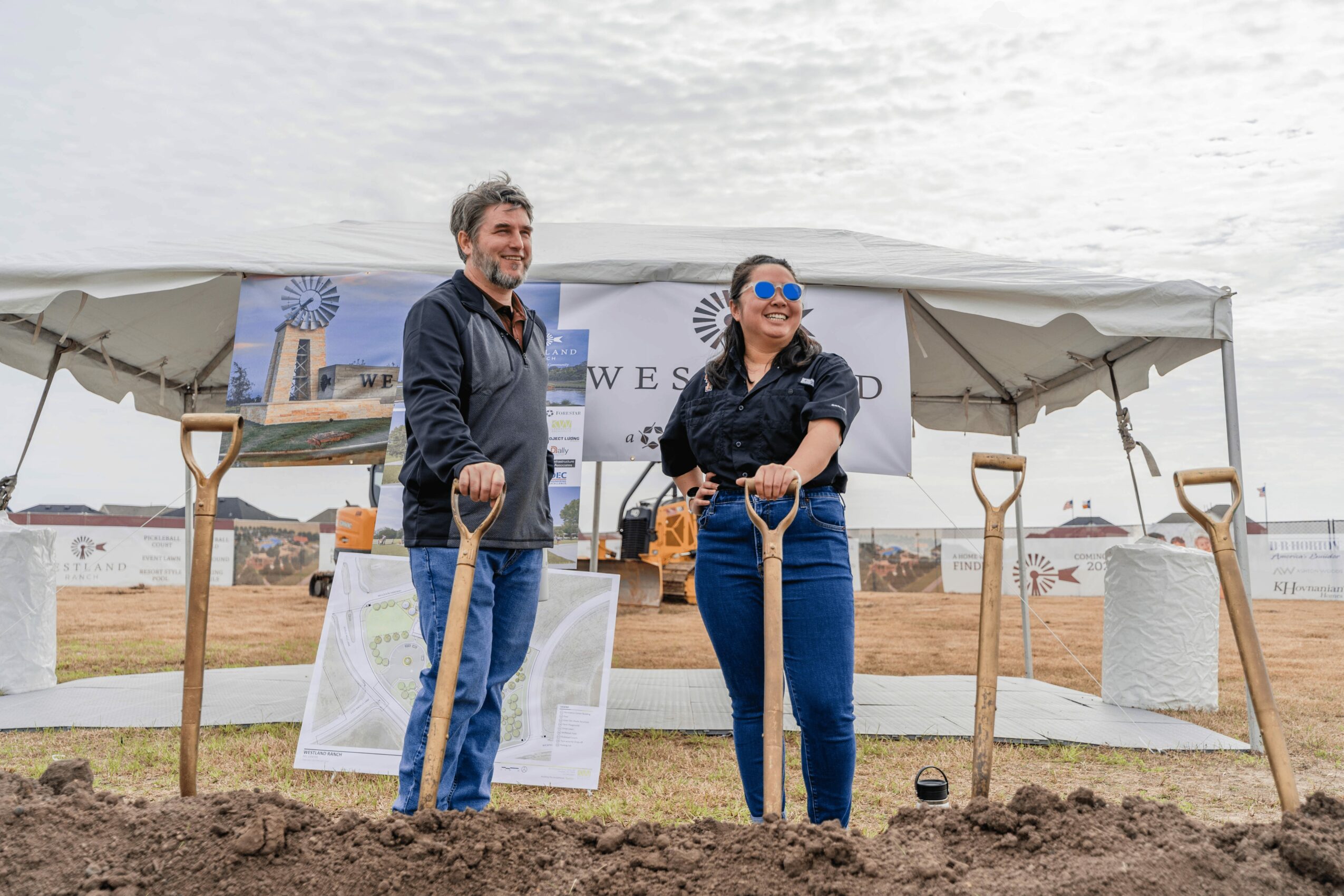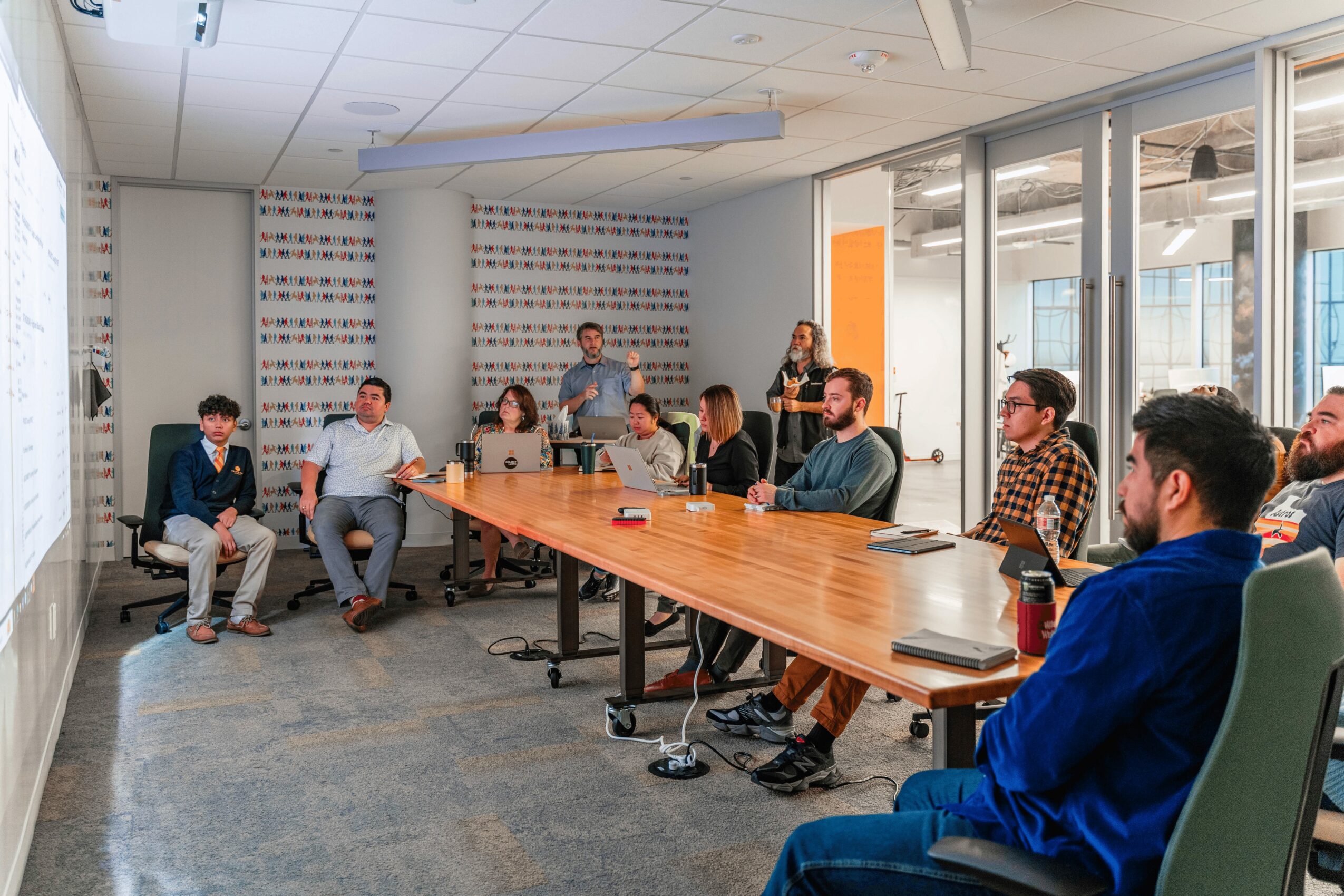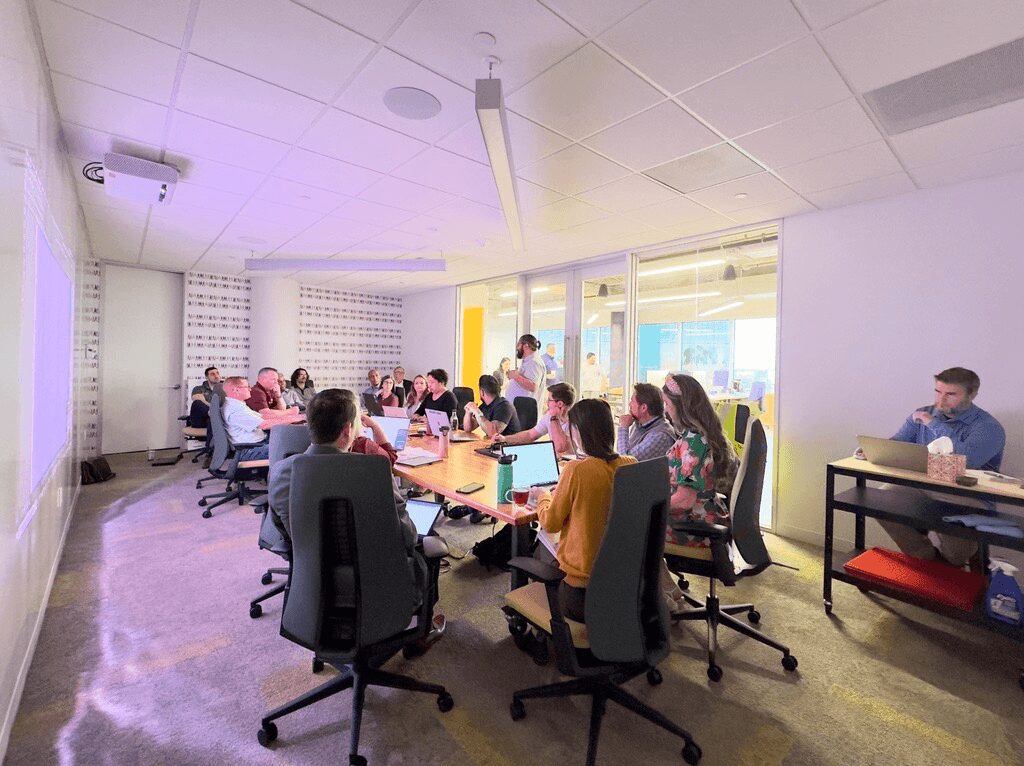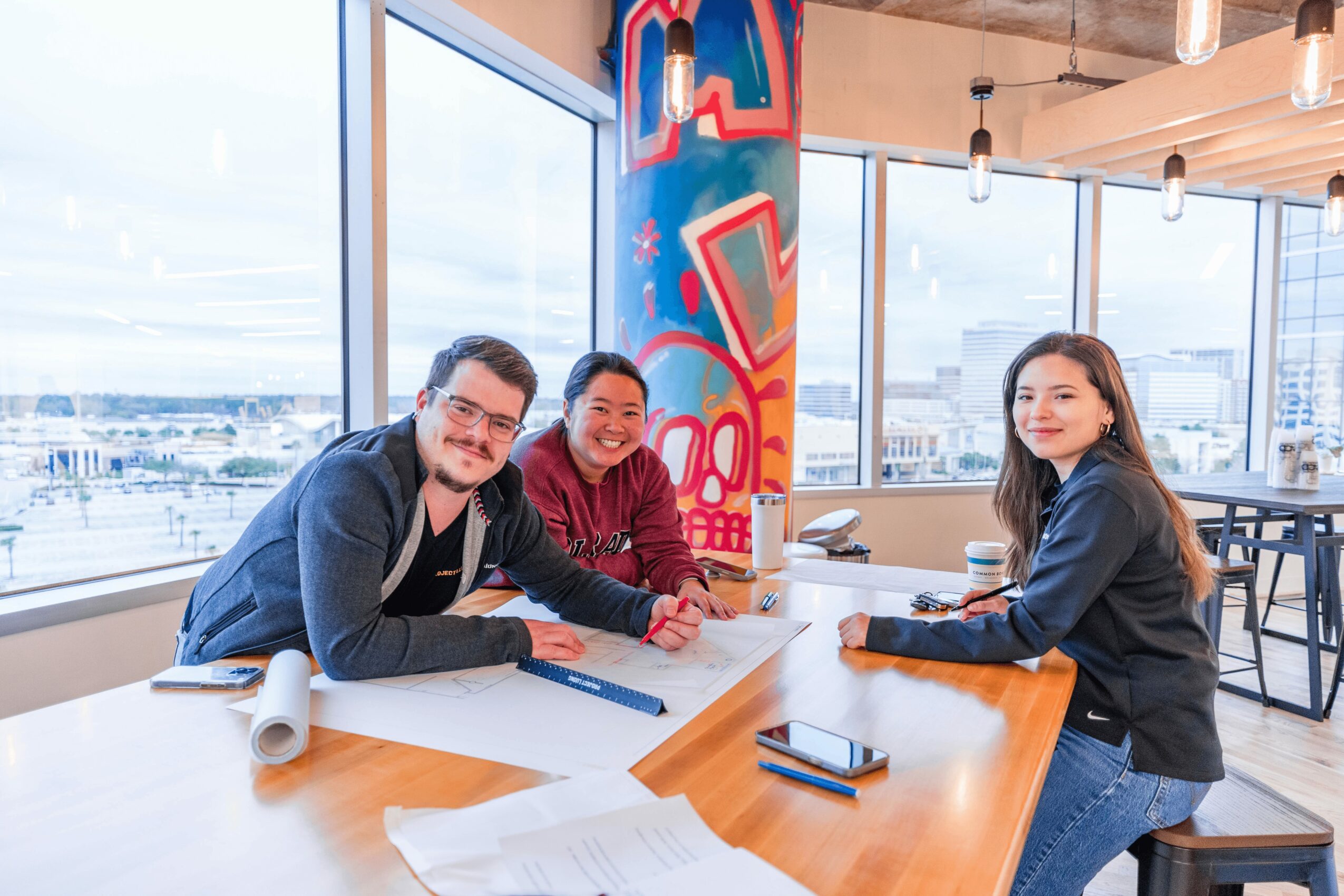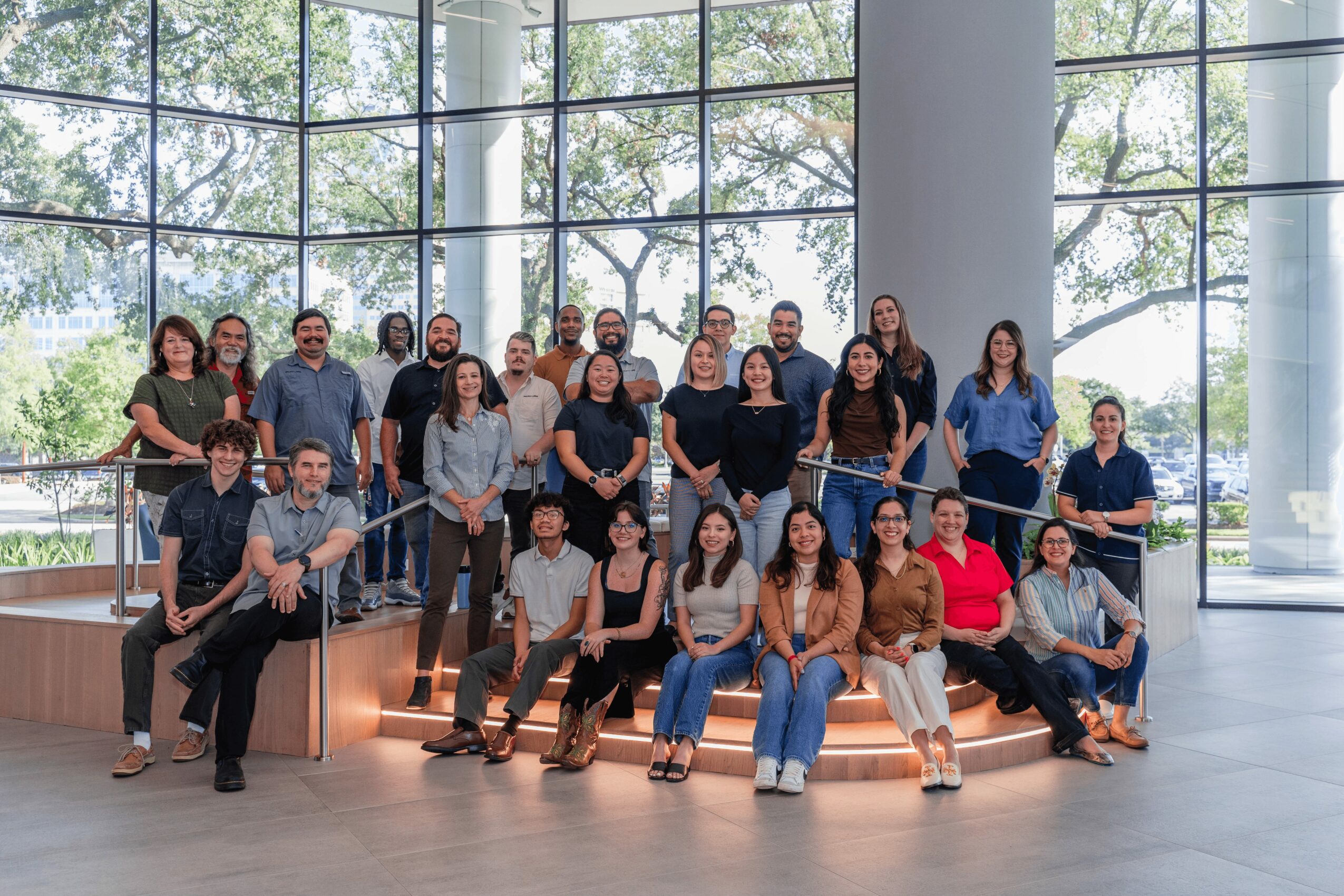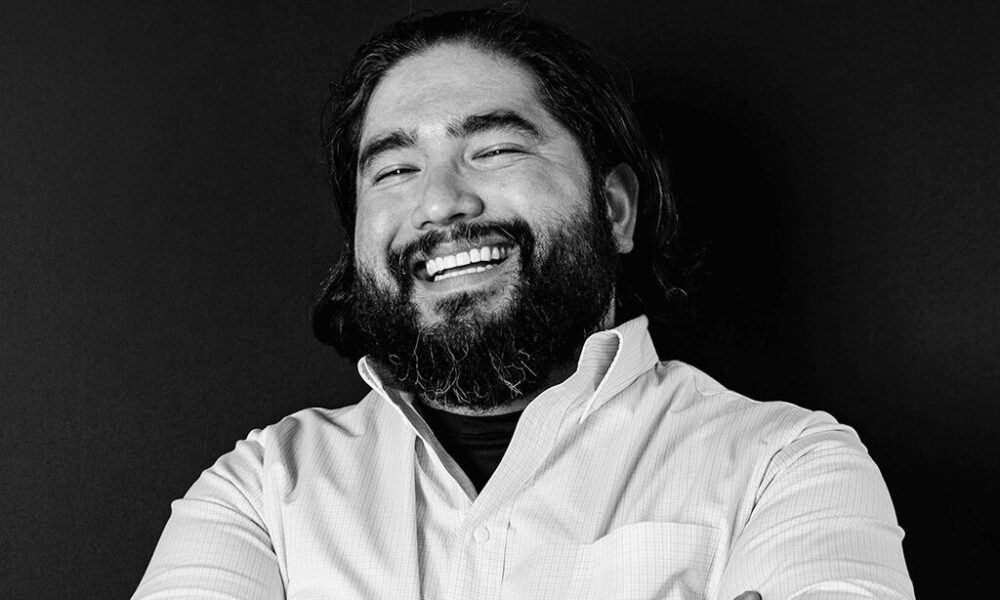

Today, we’d like to introduce you to Alec Luong.
Hi Alec, can you start by introducing yourself? We’d love to learn more about how you got to where you are today.
I did my share of working at small shops early on – you know, one and two-people firms – and it was nice, and it worked for that part of my life. When I came back to Houston, I worked in large commercial firms, and it treated me well. I learned a lot during that time.
In 2021, the bureaucracy of large commercial firms wasn’t doing it for me anymore, like a lot of other folks during the pandemic years. Working in big architecture has its challenges, but what it does offer is security. You get a salary, you give your time, and if you’re good at what you do, then there are no issues. I think it was the whiplash of decision-making during the pandemic years that really got me thinking that even if you get a comfortable salary, you’re always at the mercy of someone else.
That sort of idea festers really fast, and when you start to think about what it takes to become a Decision Maker within a large, inertial (is this the right word relating to inertia) company, the cold reality sets in that it’s going to take a stupidly long time, and an immense amount of money. Once that reality sets in, it is easy to leave. I can spend the rest of my career making someone else wealthy, or I could start a firm where I could follow my passion of architecture without the bureaucracy. Pretty straightforward (sort of).
There is a ton of thought, internal angst and monologue I’m leaving out here, but that’s the cliff notes version.
Can you talk to us about the challenges and lessons you’ve learned along the way? Looking back, would you say it’s been easy or smooth in retrospect?
Oh, God, no. Every day is a challenge. Owning a small firm is like playing the SIMS but in real life. Decisions you make have real world implications on how people get paid, if the doors stay open, etc.
Big bumps – getting paid. It’s the hardest thing. Architecture is a service industry, and unlike filling your tank up with gas where you pay immediately for a product, my industry – for whatever reason – is like pulling teeth to get paid for services rendered.
Staffing is another struggle. It’s hard to find the right people, it’s hard to know when the right time to hire them is. And with the aforementioned struggles of getting paid, you’re always hiring hoping that the billings cover the salaries in time.
Thanks for sharing that. Maybe you can tell us a bit more about your business next.
Whelp.
We’re Project Luong Architects, LLC – A Texas Limited Liability Company.
We’re a small firm with about 25 employees just trying to make it in the world. Our focus is on our employees first and foremost. There is a lot of regret in Architecture as a profession. You can’t find a mid-40s architect with 15 years of experience – the economic roller coaster of the industry culled a lot of that cohort out. There are plenty of people who started in architecture and eventually made their way into product sales, construction, real estate, or development at some point in their careers. There is just way too much nonsense within the profession for people to put up with.
We set out to create a firm where people love what they went to school to do; what they are passionate about; and if that means we have to approach the business side of architecture differently, then so be it. I’m not in this business to own a boat or a ranch. What I’ve always wanted is a place where when you walk in people are happy about what they do.
I read Herb Kelleher’s biography once, and I really appreciate what he said. And I’m terribly paraphrasing here – “Your employees come first. And if you treat your employees right, guess what? Your customers come back, and that makes your shareholders happy. Start with employees, and the rest will follow from that.”
That’s how we approach architecture – from the employee up.
What am I most proud of brand-wise? I really like our name. When we founded the company, we had a different name, and I had another partner. We’ve since moved on, but we had to rebrand and rename the company only two years in. I had a really great friend of mine and fellow professional help us identify who we were and what we wanted to be, and we settled on Project Luong.
At first, I wasn’t 100% on it. I had some doubts about how it would be perceived or if it sounded arrogant. But as we launched the name earlier this year, and now that we have had six months of use under the new name, I love it. It was really well received. The work and attitude of the company have followed.
Do you have any advice for those looking to network or find a mentor?
Be genuine. Networking is speed dating and speed dating is debasing. Everyone knows what the end goal is; you’re just trying to pretend long enough to see what you can get out of it. I HATE going to “networking” events. I tend to stand in the back, and people watch and think of funny stories about why people interact the way they do. I’m really bad at this. When I get approached at networking events, I tend to just humorize everything. Call out the absurdity for what it is. Which is who I am as a person.
I talk to people and ask them about their lives. Not about their professions. Are you married? Do you have kids? Are you from Houston? What do you do for vacation. Stuff like that. If there is a personal connection there then keep asking questions to know about who the PERSON is you are speaking with. Eventually you’ll come around to what they do and how you can profit from it, but in the beginning, it’s just about meeting the PERSON.
I think the idea of a singular mentor is a fairy tale. There is no one wizard out there that you just have to seek out, and they’ll tell you everything you need to know. Mentorship starts with a self-awareness of what you lack as an individual and where you think you need guidance personally and professionally. It’s an old saying that it’s lonely at the top. When you start your own company in your mid-30s, you lose access to a lot of people older than you or with more industry experience because, all of a sudden, you are competitors.
I find people who are interesting, who have different perspectives, and who share commonalities with me. I know a banker that I pester with questions all the time, and poof – one day, it occurs to me he is a mentor figure. I know other guys who are retired architects that I pass ideas off of, and they’re always excited to help. Poof. Mentor. You find that you learn things from all kinds of people. You just might not know from where and when.
Contact Info:
- Website: https://www.projectluong.com/
- Instagram: https://www.instagram.com/projectluong/
- Linkedin: https://www.linkedin.com/company/project-luong/
